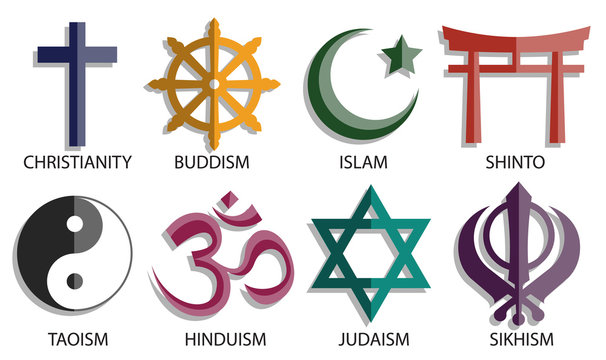Latest News
Supreme court : Adults free to choose their religion

The Supreme Court on Friday dismissed a petition calling for a stringent central rule to prevent religious conversion as "extremely dangerous," noting that adults are free to choose their religion.
A bench led by Justice Rohinton F Nariman expressed deep dissatisfaction with Bharatiya Janata Party chief and lawyer Ashwini Upadhyay's appeal, advising him that if he chose to press the petition, he would face a monetary penalty.
This is a petition that is very dangerous. If you continue to argue this, we will place a significant penalty on you,” Justice Nariman warned Sankanarayanan.
On his side, the senior lawyer attempted to focus on the Supreme Court's decision in Sarla Mudgal's case in 1995, in which the top court made remarks about the need for single central legislation on religious conversion.
This is a petition that is very dangerous. If you continue to argue this, we will place a significant penalty on you,” Justice Nariman warned Sankanarayanan.
On his side, the senior lawyer attempted to focus on the Supreme Court's decision in Sarla Mudgal's case in 1995, in which the top court made remarks about the need for single central legislation on religious conversion.
Upadhyay advised the Supreme Court to give suitable directions to the Centre to consider a single law in light of the Supreme Court's observation in the Sarla Mudgal case, citing the lack of a central law to prevent religious conversion through fraud or allurement. In the Sarla Mudgal case, one of the judges on the division bench asked the Centre to examine the feasibility of appointing a committee to enquire into the case. In the Sarla Mudgal case, one of the judges on the division bench asked the Centre to consider nominating a committee to draft a Conversion of Religion Act.
According to Upadhyay, the Centre should be ordered to follow this route, and the Supreme Court should issue interim directions to prevent illegitimate and forcible religious conversions. The court argued that religious conversion by "carrot and stick" and "by hook or crook" violated not only statutory laws but also secular values.
While eight states, including Odisha (1967), Madhya Pradesh (1968), Arunachal Pradesh (1978), Chhattisgarh (2000), Gujarat (2003), Himachal Pradesh (2006), Jharkhand (2017), and Uttarakhand (2018), have enacted anti-conversion laws, Upadhyay believes that the Centre should pass a law with a minimum sentence of three years in prison and a hefty fine that would be applicable throughout the country.



































































































